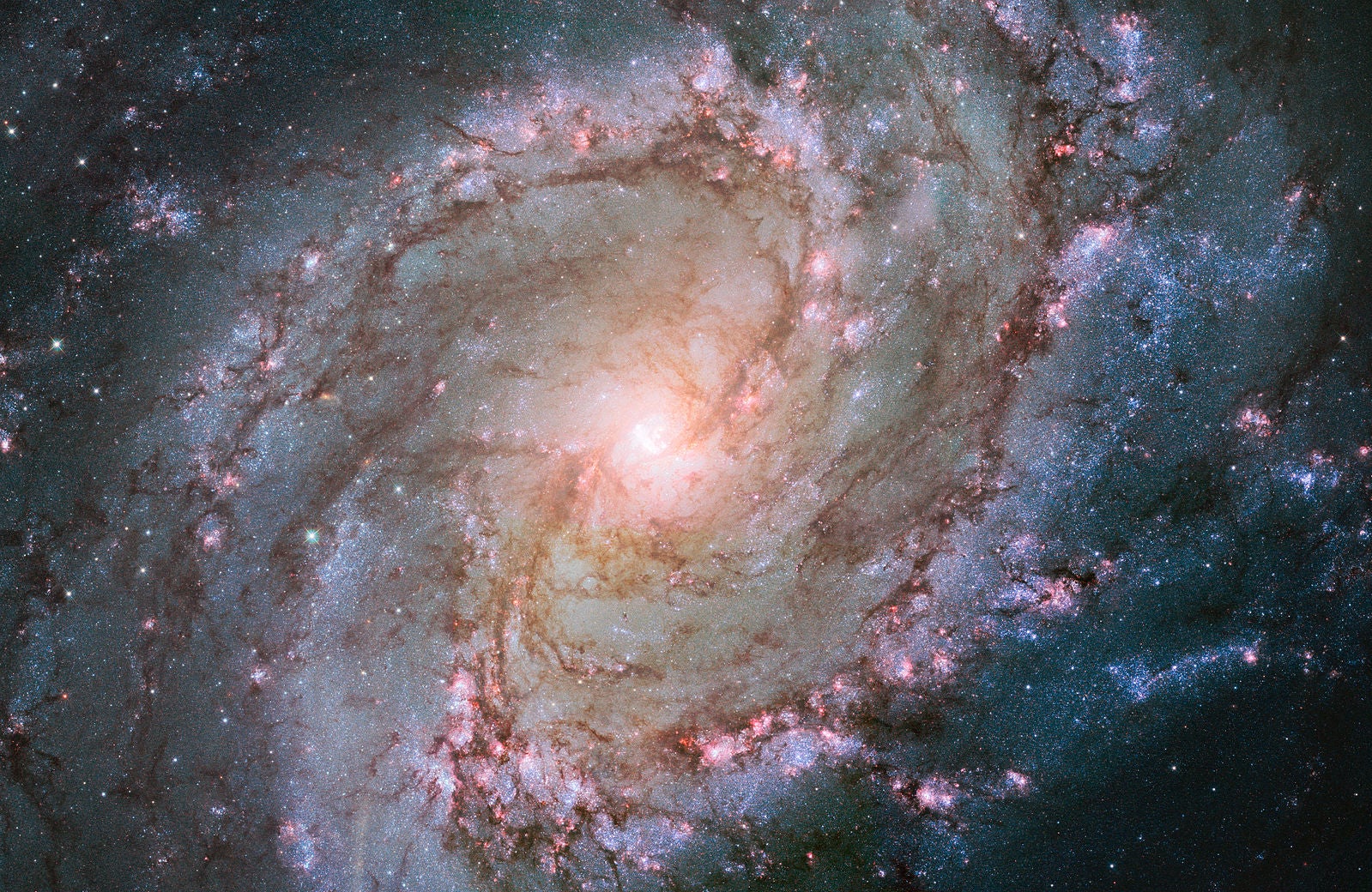Scientists create ‘life detection’ tool help hunt down alien life
Assembly Theory method ‘vital to support the first discovery of life beyond Earth,’ researcher says

Scientists have developed a new system to assist the search for extra-terrestrial life by monitoring for complex molecular signals.
The method is called Assembly Theory, and it uses mass spectrometry – studying and measuring the colour spectrum – to try and break down molecules into smaller bits and count the number of unique parts.
The larger the number of unique parts, the more likely it is to be a complex object, and the more likely it was made through a process of evolution.
This technique cannot be used from the Earth, but the researchers say that it could be deployed on missions to alien planets to help detect biosignatures or the emergence of new forms of artificial life.
Currently, crafts like Nasa’s Viking Martian lander are only capable of detecting simple molecules – and those can be explained by natural non-living processes. But this technique, which the researchers claim is the first to be experimentally measurable, could improve that existing system.
The scientists were able to observe the molecular assembly number through spectrometry, making it both computable and directly observable.
“Our system is the first falsifiable hypothesis for life detection. It’s based on the idea that only living systems can produce complex molecules that could not form randomly in any abundance. This allows us to sidestep the problem of defining life – instead we focus on the complexity of the chemistry,” Professor Cronin, Regius Professor of Chemistry at the University of Glasgow, said.
“This is important because developing an approach that cannot produce false positives is vital to support the first discovery of life beyond Earth, an event that will only happen once in human history.”
Developments like these are vital as scientists believe that alien life could develop in more environments than previously thought.
Research released earlier this month suggest that microorganisms could survive and grow in an atmosphere made entirely of hydrogen, something common on numerous exoplanets.
Join our commenting forum
Join thought-provoking conversations, follow other Independent readers and see their replies
Comments
Bookmark popover
Removed from bookmarks